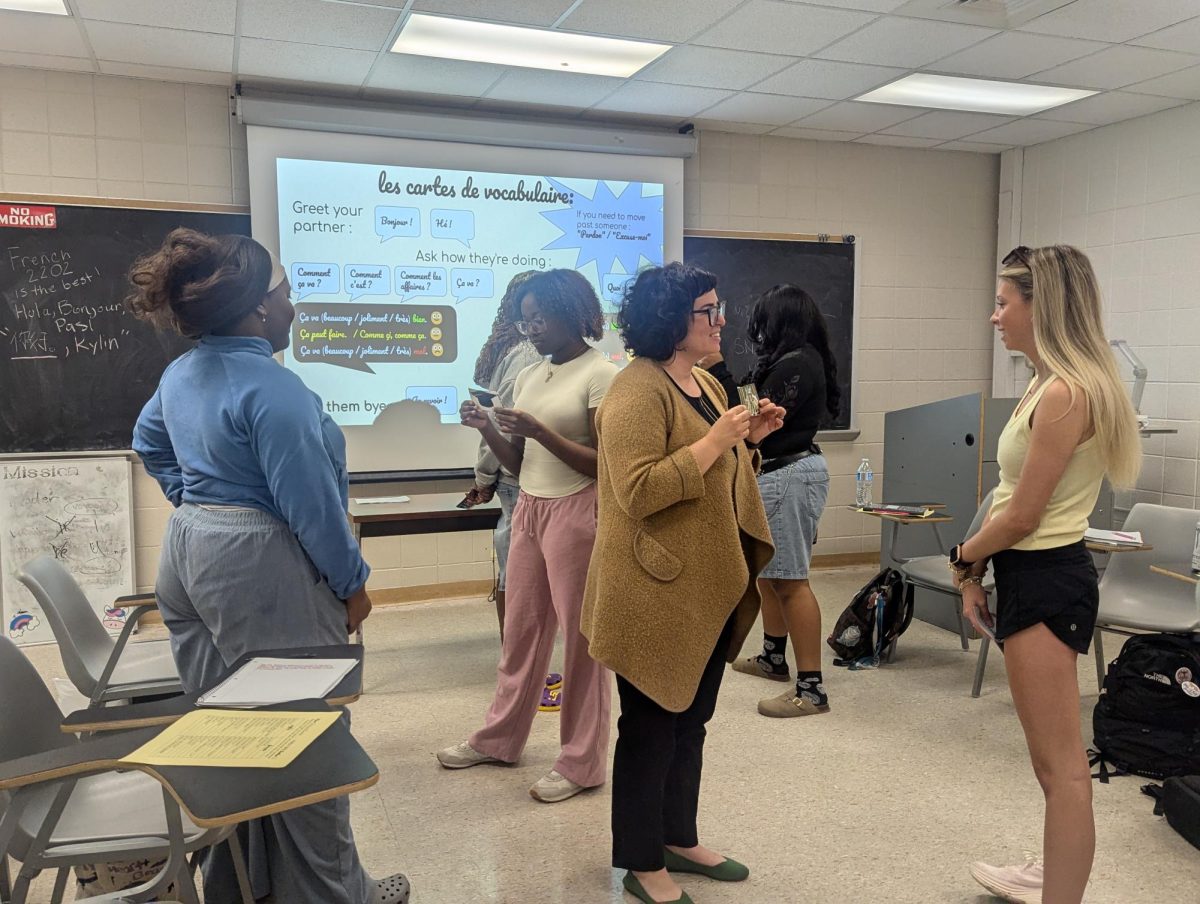After a semester of lost holidays and Saturday classes, students are returning for the spring after a shortened winter break. While spring classes have generally begun after the Martin Luther King, Jr. holiday, in 2008 and 2009, students were asked to return a week prior to the holiday.In spring 2007, University officials designed the 2008-2009 calendar, which set the starting date for the spring 2009 semester. Though officials have generally tried to start later in the year, a week was removed from the beginning of the school year to facilitate the introduction of concentrated winter, spring and summer intersessions.The adjustments to the calendar were made to provide adequate time between normal semesters and the concentrated intersessions. “It is difficult to get a handle on whether things are working well or not with just one year of experience,” said Robert Doolos, University registrar. Though this calendar survived two years, reports from the intersession directors suggest there may not be a need to continue shortening winter break.Doolos said the calendar is being reviewed to see if the large blocks of time between normal semesters and intersessions are necessary.Starting the semester a week early was agreed on to adjust for the summer and spring intersessions. But the lost week between semesters has put a strain on some departments.Between new student orientations, class scheduling difficulties and cleaning up residual matters from the fall semester, having only one week following Christmas adds extra demands to both students and University administration.”Losing a week makes everybody’s life a little tougher,” said Andrea Houston, E.J. Ourso College of Business executive associate dean. “We get backed up, and students have less time to contact us before classes start.”Another factor promoting the return to a later start for the spring semester is the introduction of the Comprehensive Academic Tracking System.This program is designed to track the academic progress of the University’s freshmen for their first two years, allowing the University to provide more effective support to students who are not meeting required academic goals.Under this program, students will be contacted by the University when a problem arises with their academic progress. When this happens, some students will be required to visit academic counselors before scheduling or returning to class.
——Contact Adam Duvernay at [email protected]
University officials analyzing academic calendar
January 11, 2009





